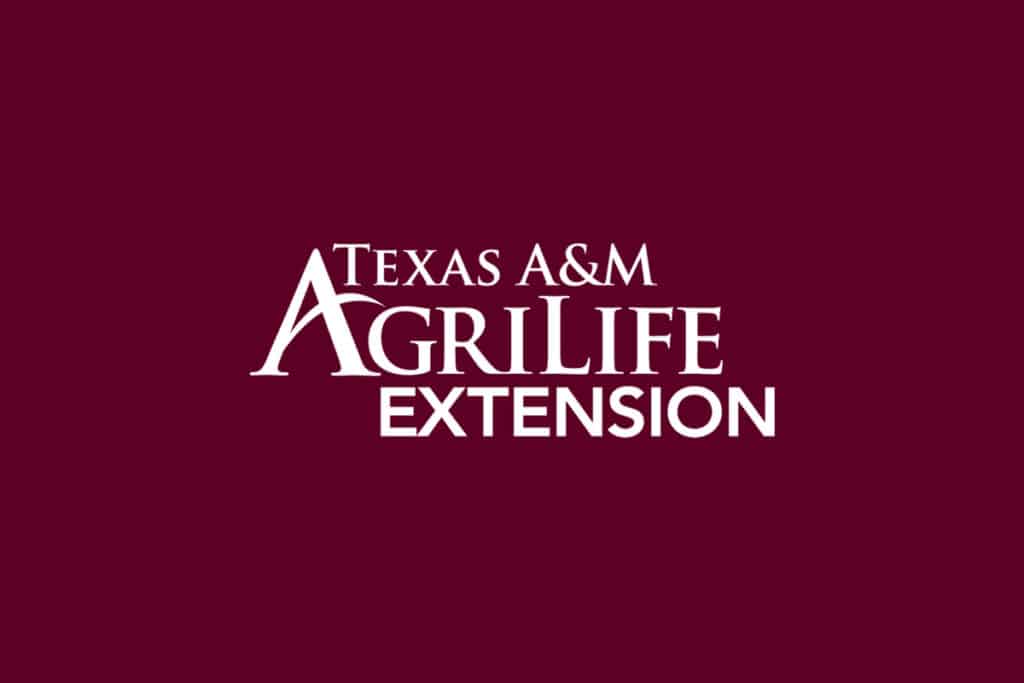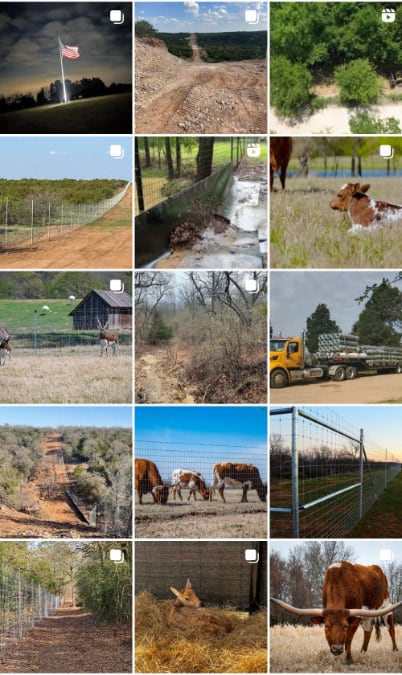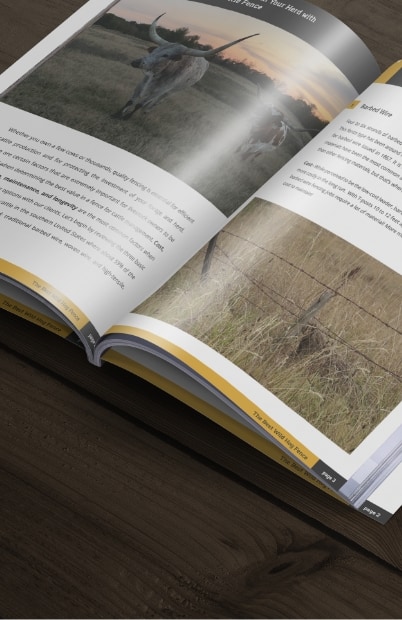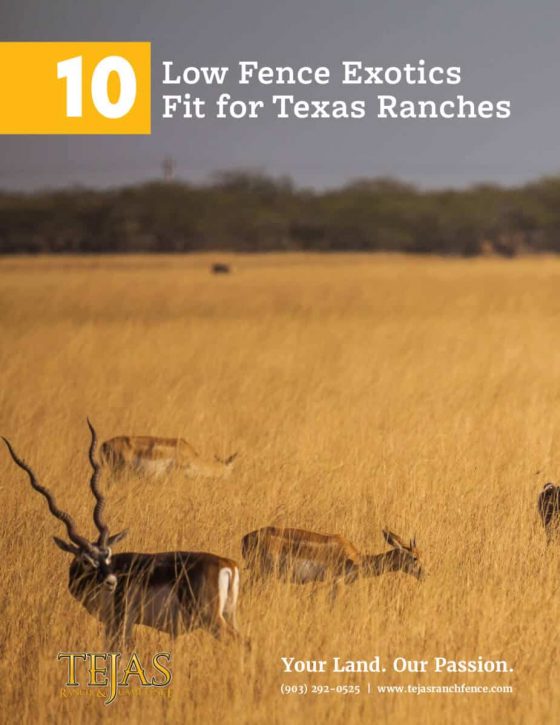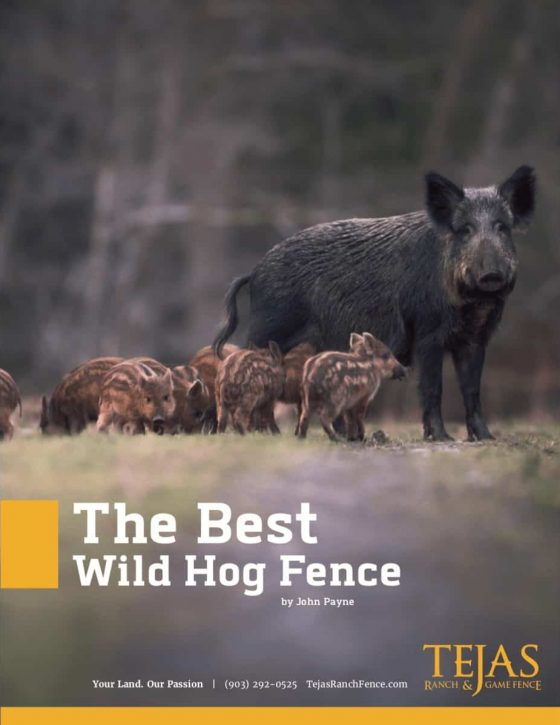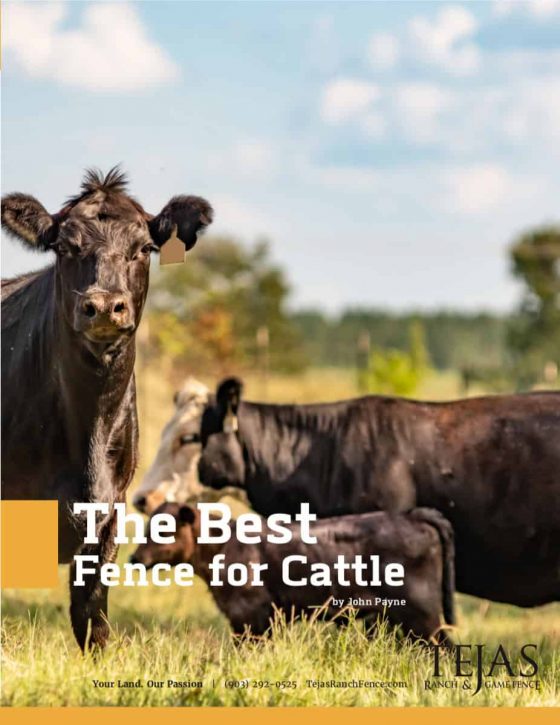Knowledge is power. Texas A&M AgriLife harnesses it, and then hands it over to you — the dedicated landowner
Leaders in agriculture, natural resources and life sciences — that’s what Texas A&M AgriLife team members strive to be each and every way, and that continues to be a success.
As a result, it’s now one of the largest national comprehensive agriculture programs. Texas A&M AgriLife has more than 5,000 employees, plus partnerships with numerous state agencies, and many other private and public partners. Naturally, the manpower is present to get things done. This helps improve the land, economy, and individual lives.
There are many benefits to the organization. And while the agriculture industry is ever-evolving, our mission remains the same — enrich Texas with comprehensive agricultural and life sciences knowledge and services to restore connections among people, agriculture, food, science and the economy.
This requires strategic planning, of course. So, A&M continues to adapt and pave a way forward, developing science-based solutions to the problems you face.
Research
A&M is determined to move Texans ahead, which initially resulted in numerous institutions, including the Agribusiness, Food, and Consumer Economics Research Center (AFCERC), Agricultural and Food Policy Center (AFPC), Center for Agricultural Air Quality Engineering and Science, and many more.
Research (https://agriliferesearch.tamu.edu/) is but one initiative, but it’s certainly a priority. With research centers all across the state, addressing regional and state-wide needs is possible. Priorities cover a wide range of categories, such as bioenergy, disease prevention, food and nutrition, invasive plants, land usage, livestock and plant genetics, new crops, pests, sustainability, water, and more. The discoveries made within these disciplines can directly affect you, and your land.
Veterinary Services
Another leg of the core vision is the Texas A&M Veterinary Medical Diagnostic Laboratory (TVMDL). Disease surveillance is a top priority. By testing thousands of specimens from clients throughout the world, it’s helping to protect companion animals, livestock, racing stock, and wildlife. This benefits animal owners, agencies, organizations and veterinarians.
Routine diagnostics is another area of focus. Texans, and the world, value companion animals and livestock. This program plays a vital role in supporting these industries. Therefore, it serves animal owners, laboratories, producers, veterinarians, wildlife sanctuaries, zoos and more.
Routine diagnostics aside, TVMDL also provides an array of specialty services, including capacity building, drug testing, export testing, research and validation, and working with non-traditional species. It even provides diagnostic consultations.
Forest Service
While fauna is important, flora isn’t forgotten. The Texas A&M Forest Service (TFS) is a leader in this space. Its mission? Conserve and improve habitat, and work with forests, trees, and related natural resources. It’s all about sustainability.
With forest health of utmost concern, TFS Forest Health program was established in 1962 to combat the southern pine beetle. Today, it tackles many more issues Texas species now face, including the emerald ash borer, other problematic insects, and threatening diseases.
TFS also helps respond to natural disasters, such as flooding, hurricanes, and wildfires. Delivering response through the Texas Wildfire Protection Plan (TWPP), the system is both tested and proven, producing ongoing analysis, mitigation and even prevention.
Overall, TFS gives Texas landowners a hand on many fronts, including many of those that are most important to you, your land, and your goals. Remember, stewardship is everything (https://tfsweb.tamu.edu/stewardship/).
Texas A&M Agrilife Extension Services
Texas A&M Agrilife is proud to offer extension services to the public. Numerous programs are offered, including family and community health, volunteer projects, and community and economics.
Volunteer programs are designed to help the community, and to lead Texas to new heights. Popular choices include Master Gardener, Texas Master Naturalist, Livestock Project Mentors, etc. These and more are doing much good in many communities.
The Family and Community Health program focuses on helping Texans improve their quality of living. This is accomplished through science-based educational programs to target the health and wellness of communities, but also in a way that helps individuals and families.
Finally, the Community Economic Development initiative goes beyond the micro to improve economics on multiple levels. It accomplishes this via educational workshops, technical assistance, and the development of individual abilities. These things help grow businesses, create jobs, and expand wealth.
Other more nuanced extension programs focus on agriculture economics, animal science, entomology, horticulture, microbiology, plant pathology, poultry science, wildlife and much more. All of which were created, and designed, for the American landowner. These are here for you to take advantage of. Don’t wait.
For those in the North Texas (Dallas) area, Texas A&M Agrilife The Dallas Center is a scientific research campus. You can learn more about this Dallas, Texas campus at https://dallas.tamu.edu/.
